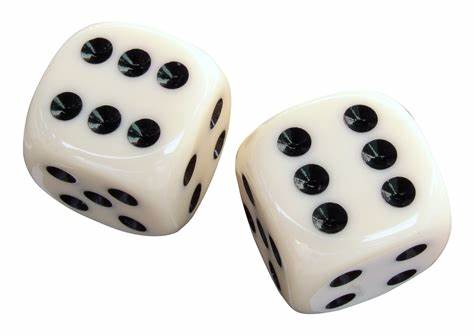

There was a tragic time in the mid-to-late '80s when the FLGS would put some books on the shelf where the author breathlessly claimed a “revolution” or “rennaissance” in gaming; claiming in effect, to have “solved the problems of role-playing games”.
And the “solutions” were invariably some combination of these:
- adding many, many, many, many, many more classes
- dropping class/race restrictions
- dropping weapons/armour/whatever restrictions based on classes
- support for genres other than D&D-style fantasy
- …
And so on ad nauseum. Because when they said “problems of role-playing games” they meant, really, problems of the only RPG they’d ever played: AD&D.
Even by the mid-80s we had games that were far more radical in solving the problems of D&D. Chaosium had published several games in a bewildering variety of genres that didn’t even have classes, so there were no need for more classes, for removing class restrictions, etc. Traveller existed as well. Games like Rolemaster had classes, but no hard limits based on them: classes expressed preferences and adjusted costs for skills (with the exception of magic; that was still somewhat class-constrained, though literally every class could learn some magic at least). Even TSR had published games that weren’t D&D-like in most respects: Boot Hill, Gangbusters, Dawn Patrol, etc. (And do I even need to delve into the wild, wacky, weird world of FGU? Bunnies & Burrows, Chivalry & Sorcery, Space Opera, Villains & Vigilantes, …)
So it was always tragicomic to see people with such limited experience express such hubris in “solving” problems that had long since been solved in a head-spinning number of different ways and approaches that were far more radical, far broader, and far more intriguing a way than just adding classes and removing some class restrictions.
That’s the vibe I get from this article.
This guy seems to have experience with the Moldvay/Mentzner line of the old school games, with perhaps a bit of a smattering of AD&D before encountering D&D3 and its offshoots. I see no evidence in his rant that he’s ever experienced a game system that was actually revolutionary in its movement away from the D&D roots. I suspect if I sat him down at a FATE game (or even an middle-aged-school game like Castle Falkenstein) he’d die of anaphylaxis.




Yep. And sometimes that lack of breadth was deliberate. They wouldn’t look at alternatives. They just wanted to “fix” the game they played.